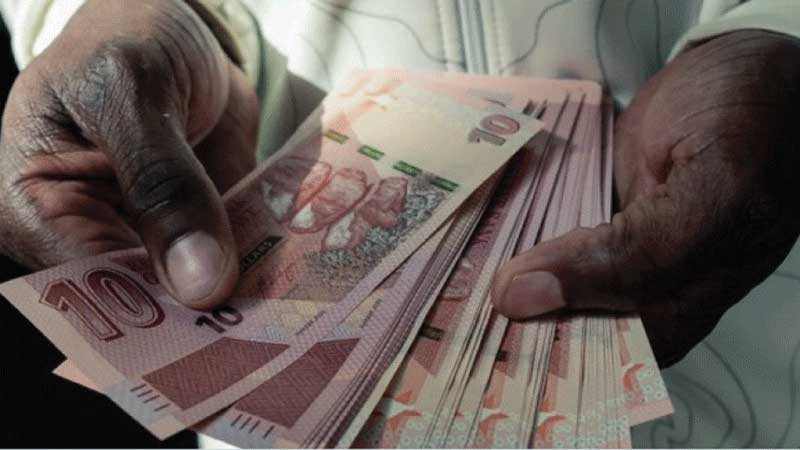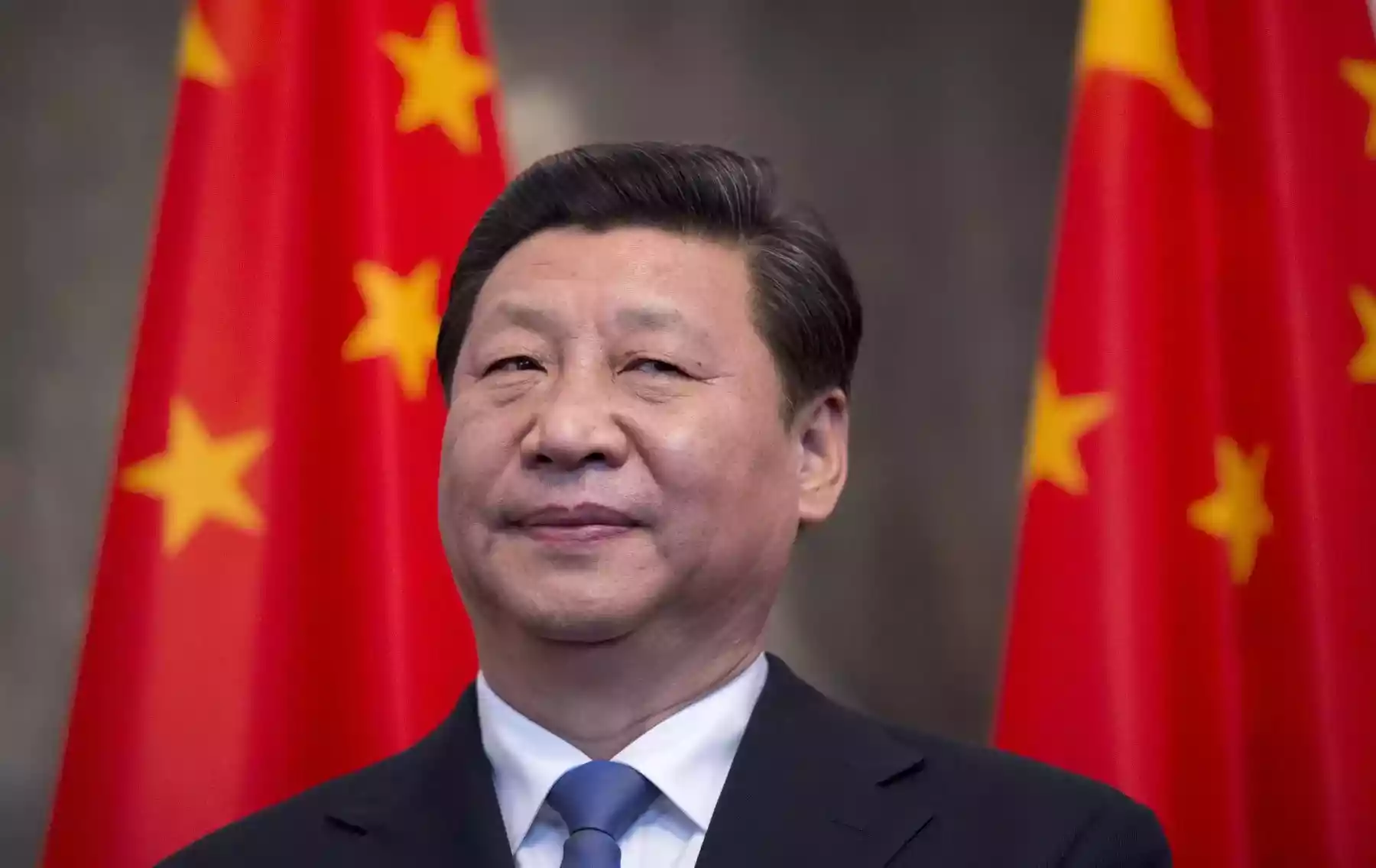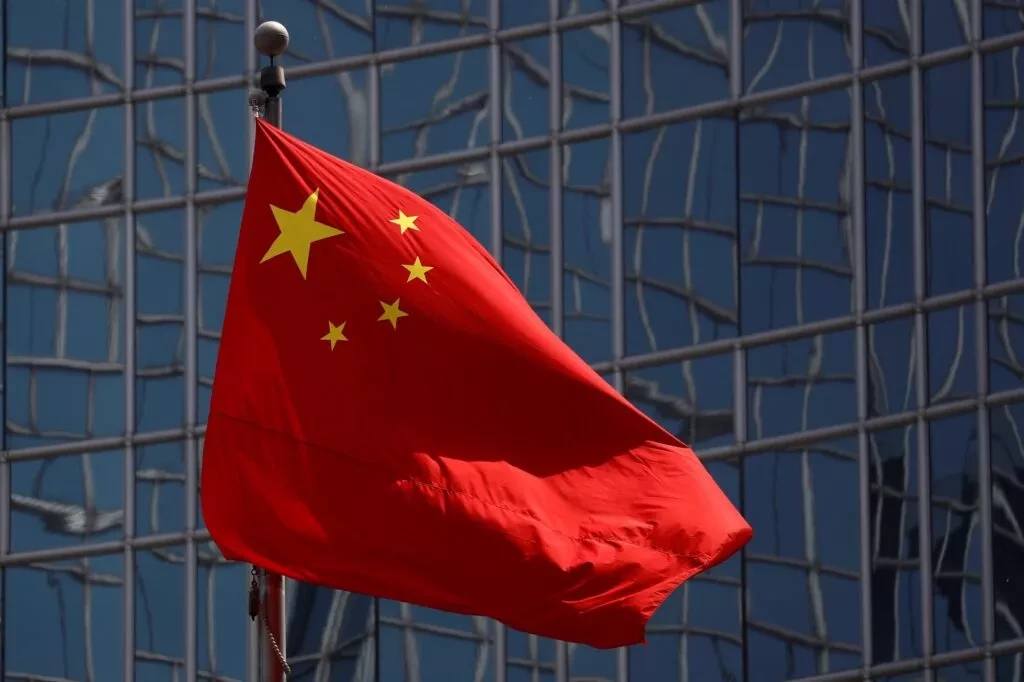
In 2023, the local currency ZWL emerged the second worst performing currency in the world after the Lebanese pound.
The Lebanese pound depreciated by -89.9% against the United States Dollar (US$), trailed by the ZWL which shed off -88.8% against the US$.
Meanwhile, the Afghanistan afghani emerged the best performing currency in 2023 after appreciating 26.4% against the US$. Given the controversial jurisdictions of these currencies, it is imperative to analyze what could have led to the respective performances.
Lebanon is characterized by immense political and economic instability which has spun for years, similar to Zimbabwe. The country also grapples with massive public debt and a commanded currency market, again, similar to Zimbabwe.
The Lebanese pound is subjected to a government manipulated exchange rate along with depleted foreign reserves. Consequently, this has led to the emergence of a parallel market for dollars, further devaluing the currency.
Following the aforementioned financial engineering by the governor of the Central Bank, the Lebanese pound has lost over 90% since 2019. This was also exacerbated by high foreign obligations which require foreign reserves for servicing, liquidity shortages in the wake of an influx of refugees from Syria and a rampant inflation.
The inflation has been induced by shortages of fuel and other essentials following the sanctioning of neighbouring countries by the United States as well as the Russo-Ukraine war which has constrained imports.
Meanwhile, Zimbabwe recorded the second worst currency performance in the world in 2023. The currency is subjected to relatively similar factors as the Lebanese pound. The country has limited foreign reserves amid increasing foreign obligations.
- Mangudya speaks on banks’ stability
- Mangudya speaks on banks’ stability
- Group demands ZSE listings for Fidelity suitors
- Group demands ZSE listings for Fidelity suitors
Keep Reading
The main threat to the Zimdollar has also been the supply levels of the currency, emanating from "financial engineering" by the Central Bank as is the case in Lebanon. However, in the second quarter of 2023 the government of Zimbabwe introduced measures to curb inflation and exchange rate depreciation, and these measures saw an overnight jump in the exchange rate, induced by ‘repricing'. Following this jump, the currency then stabilized for a greater part of the second half of 2023.
Nevertheless, the damage had already been done on a cumulative basis. On the other hand, in Afghanistan, the afghani emerged the best performing currency in 2023 on notching up 26.4% against the US$.
However, Afghanistan has an ongoing war which has also spun for years as have the challenges in Lebanon and Zimbabwe. This then raises eyebrows on what really drives the value of a currency between speculation and market fundamentals.
Speculation refers to the act of trading an asset based on "beliefs" and anticipations of future value movements while market fundamentals refer to the underlying ‘facts' or economic factors that drive the value of that asset. Speculation often has a short-term impact on the value of an asset as it is influenced by factors like market sentiment and news events (war, political and economic uncertainty etc). Market fundamentals often have a long-term impact on value as they are influenced by factors like supply and demand, and economic conditions.
The Afghani's appreciation in 2023 is attributed to a number of factors that include the influx of foreign aid particularly in US$'s which improved the currency mix.
The agriculture and mining sectors also recorded a notable increase in exports in the region, improving foreign currency reserves while reducing reliance on imports. Furthermore, the recent measures by the government to control inflation, reduce budget deficit and improve fiscal discipline also restored confidence in the economy and currency.
While it is important to appreciate from the above that exchange rates are influenced by a complex interplay of factors, it is ultimately market fundamentals that determine the true value of a currency in the long run as opposed to speculation about the country's state of affairs.
Duma is a financial analyst and accountant at Equity Axis, a leading media and financial research firm in Zimbabwe. — [email protected] or [email protected], Twitter: TWDuma_











